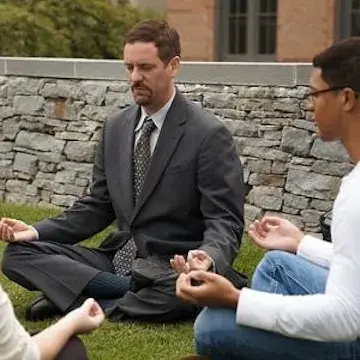David M. Zlotnick

Education
J.D., Harvard
B.A., State University of New York at Binghamton
After graduating from the Harvard Law School, cum laude, Professor Zlotnick clerked for a federal appellate judge, worked as a white collar defense attorney in a national law firm, and served as a federal prosecutor in Washington, D.C. In 1995, Professor Zlotnick founded a litigation project for the public interest group, Families Against Mandatory Minimums ("FAMM"), which opposes the indiscriminate use of mandatory minimum penalties for non-violent crimes. As the Litigation Director and afterwards, Professor Zlotnick has worked on U.S. Supreme Court cases as co-counsel and as amicus curiae. In 2002, he was selected to be a Soros Senior Justice Fellow to document judicial opposition to the federal sentencing regime. Professor Zlotnick's work on sentencing issues has received coverage in a variety of media including; Rolling Stone, BBC Television, The Washington Post and The New York Times. He has also testified before the Judiciary Committees of the United States Senate and the House of Representatives and his articles on sentencing and other subjects have appeared in top fifty legal journals.
Professor Zlotnick directs the District of Columbia Semester in Practice which immerses students in Washington, D.C.’s legal and policy world through a full-time placement with a federal agency, legislative office, non-profit, or trade group. His students appreciate his quick wit, his focus on problem solving, and his funny exams. He has sought to infuse his teaching with lessons he has learned from yoga and meditation. In 2008 he was awarded a Contemplative Practice Fellowship by the Center for Contemplative Mind in Society to teach a course in trial advocacy that integrated mindfulness concepts and practices. He has also taught at the Washington College of Law at American University and Stetson College of Law and has been a Visiting Scholar at the George Washington University Law School.
